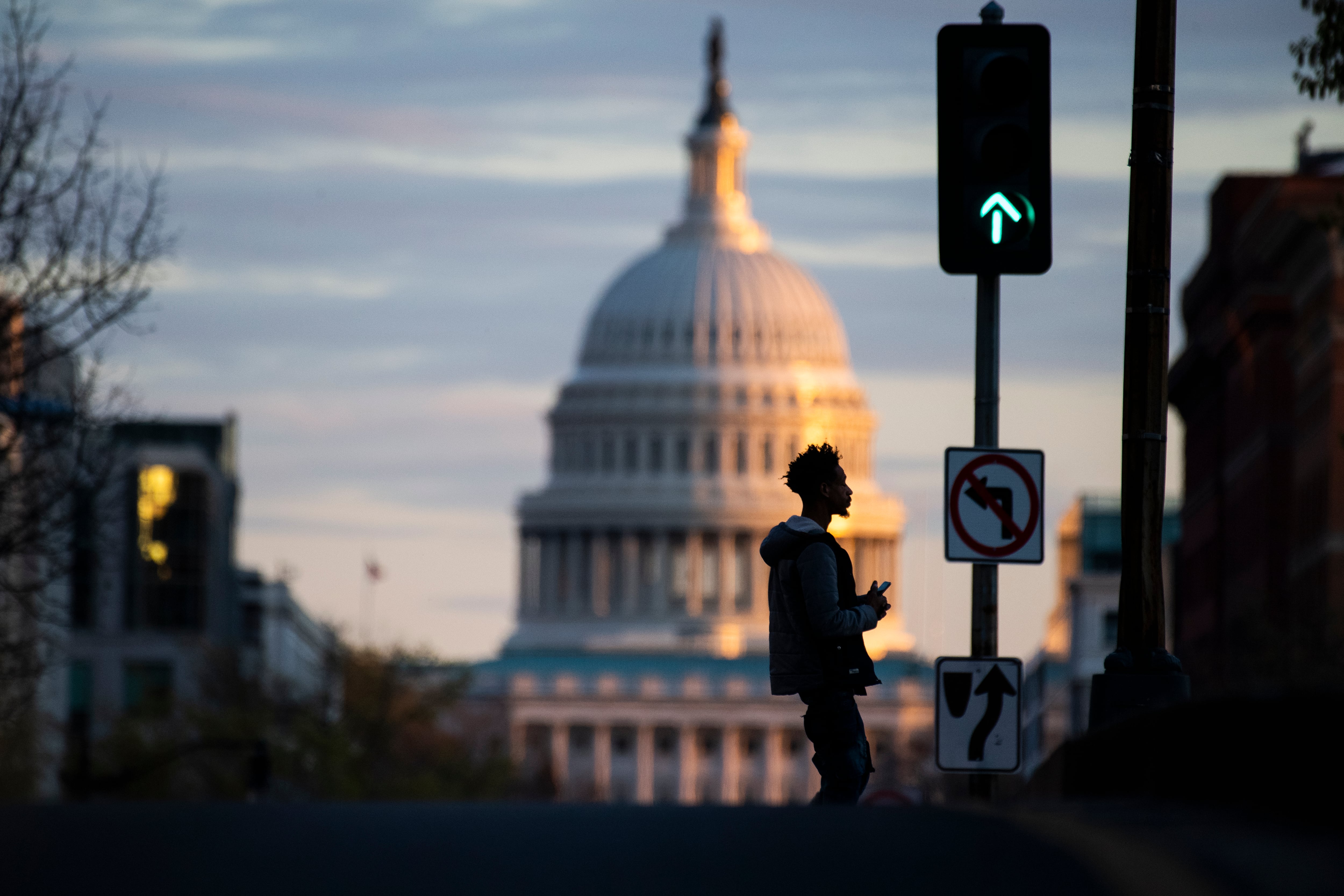On May 5, Chalkbeat did something we have never done before. We sent a letter to Congress asking for half a billion dollars — for Chalkbeat, and for other local news outlets like us. You can read the letter, which we signed along with nine other organizations, here.
Usually, this is the kind of campaign that Chalkbeat writes about, not participates in. We are independent journalists in the business of telling the truth, not telling people what to do about it. After all, how can we hold members of Congress accountable for their actions if we are also writing to them asking for money?
But while we will never make recommendations about how to design public education, in the area of local news, we are the designers. And so we have a responsibility to say what is needed.
The pandemic has made what is needed more clear than ever before. The commercial models that once made it possible for most voters to know what their city councils, school boards, and state legislatures were up to no longer work. Newspapers are shutting down and laying off or furloughing reporters in unprecedented droves, the culmination of two decades of persistent cuts in our nation’s reporting corps. Local television and radio news are also suffering.
Yet every citizen very much still needs and deserves to know what their local, state, and federal government is up to. And we need more than that: we need to have our opinions and experiences and voices seen and heard by the elected officials charged with serving us.
The way to make this happen is to replace the commercial business model we have relied on until now with a nonprofit one that draws its support from old sources like advertising, but also new ones like donations, membership contributions, and, yes, government support. The more diversified our revenue portfolio, the more independent we can be. Because the longer our list of donors, the less likely it is that any one donor can start to control us. That means that far from paving a path to government control, government support can actually strengthen the independence of local news.
We know that it is possible for citizens and taxpayers to decide we value an institution because of its independence, and give it dollars accordingly, with no strings attached, because we already do it. We do it with the Corporation for Public Broadcasting, which supports public radio and television stations across America, and we do it with Voice of America, which offers independent reporting on global issues.
We now need a new, more robust public media than what our beloved public broadcasters can provide alone. The support that news organizations including Chalkbeat are receiving from the Paycheck Protection Program, part of the CARES Act, should be seen not as a relief program for a momentary challenge, but as a bridge to a new way of strengthening one of our democracy’s classic public goods.
And yes, Chalkbeat decided to apply for the small-business support program in the CARES Act. We just received the deposit in our bank account, $1.1 million that will help us weather a period of financial uncertainty in which the work we do has never been more valuable. Like so many other nonprofit organizations, Chalkbeat’s financial security is threatened by the pandemic and its catastrophic economic consequences. We depend on donors, corporate sponsors, and our readers for support. Many have stepped up their giving to local news during the crisis. But unfortunately others are having to pause or contract their giving as the economy struggles.
We are optimistic that Chalkbeat can rise to the occasion as incredibly important decisions about the future of public education loom in all of our immediate futures. We have big plans. We would rather serve many more places, not fewer, and we would rather expand and deepen our offerings in the communities where we already work, not contract.
To make that possible, we need to work more closely with our communities than ever before. Every single source of support counts. So please, keep sending your donations, even if they have to be smaller. Keep sending your questions and story ideas, which we know are more urgent than ever. And if you want to, consider joining us in inviting members of Congress to support local news, too.






